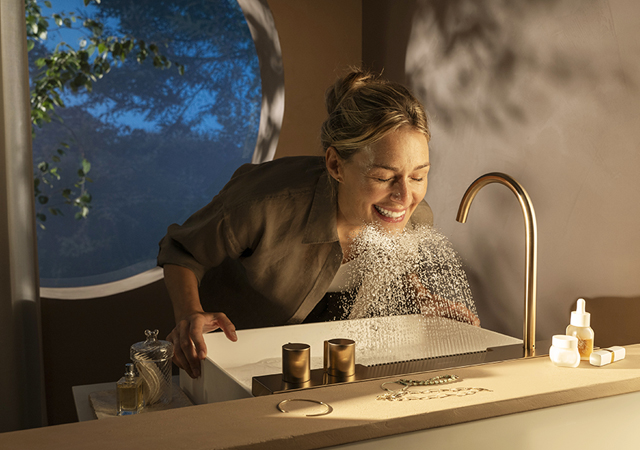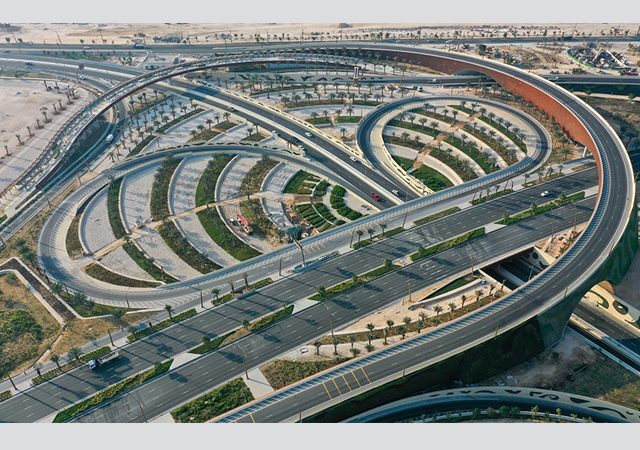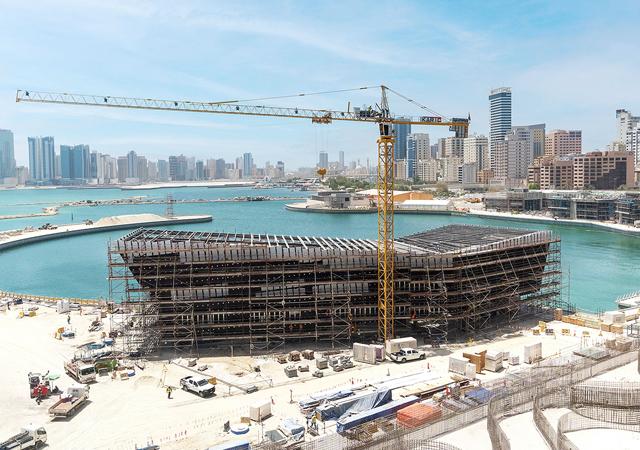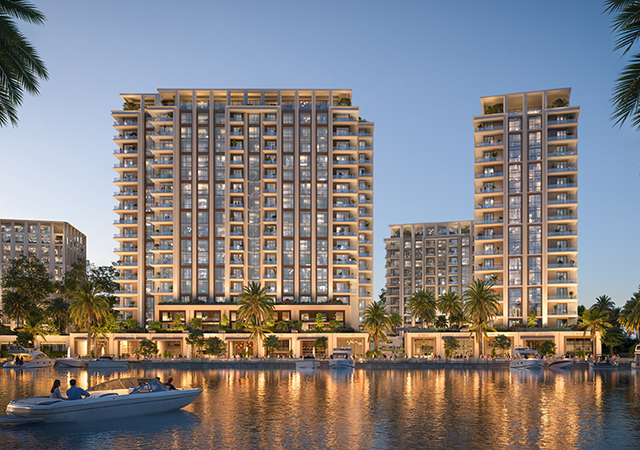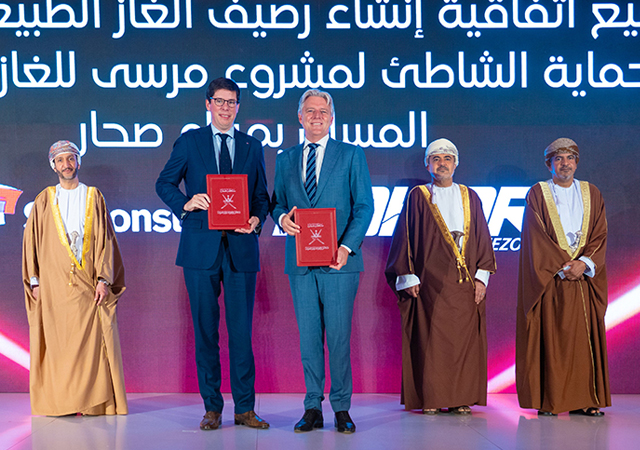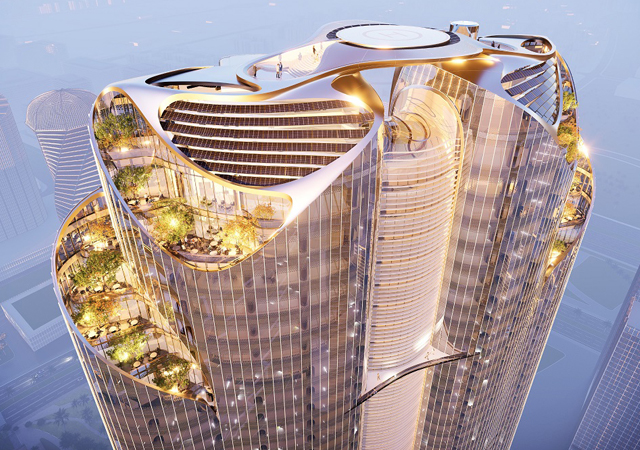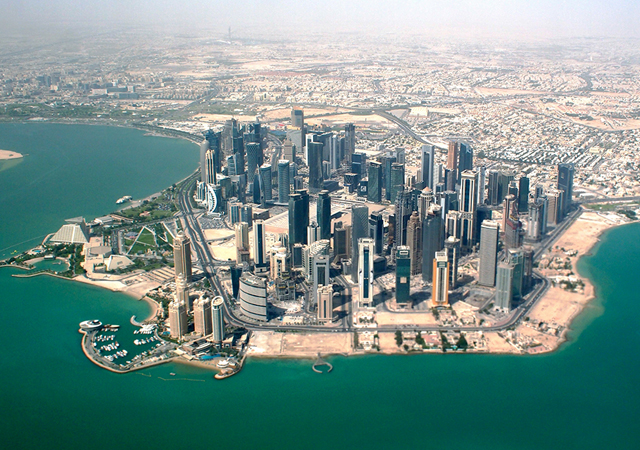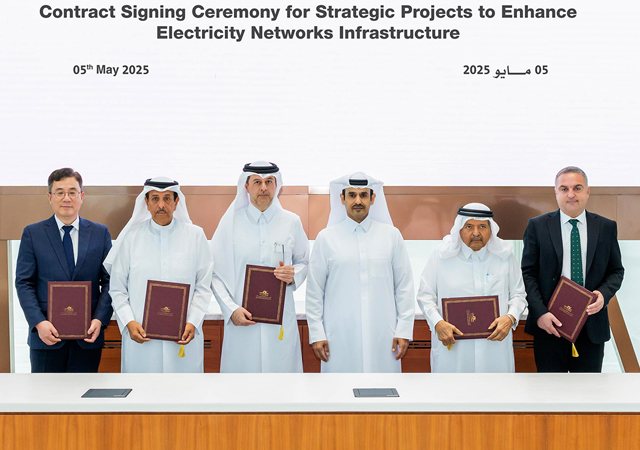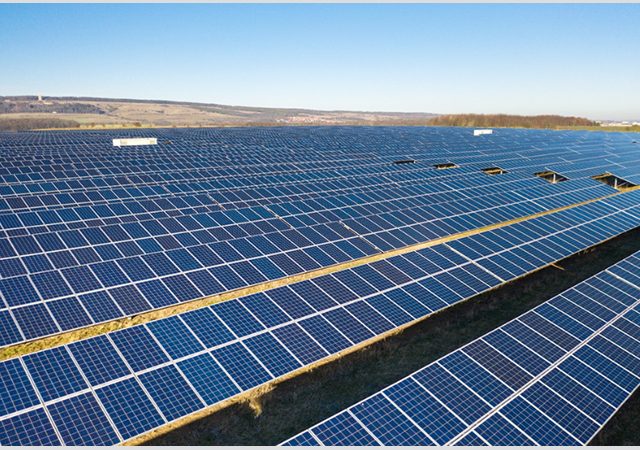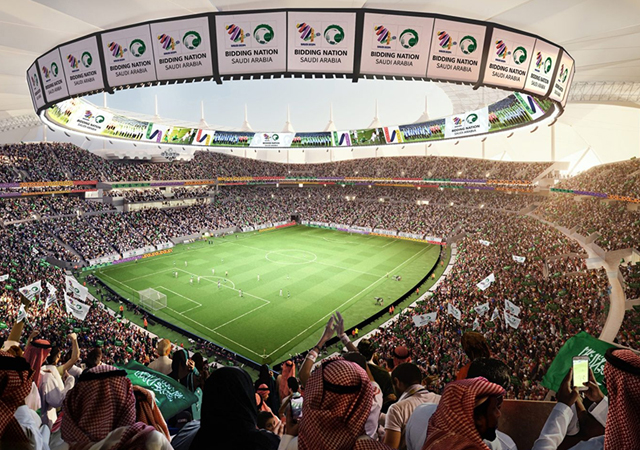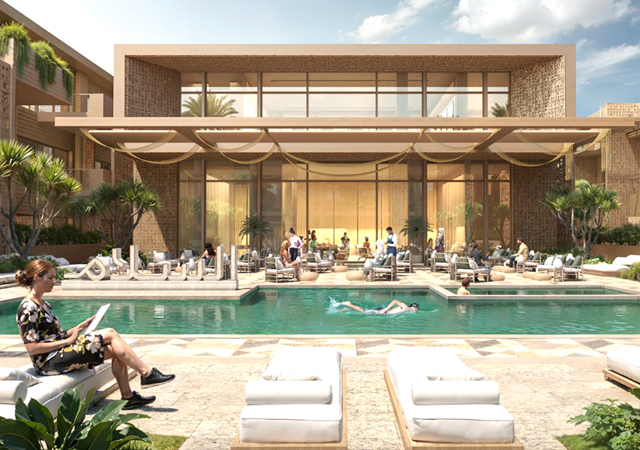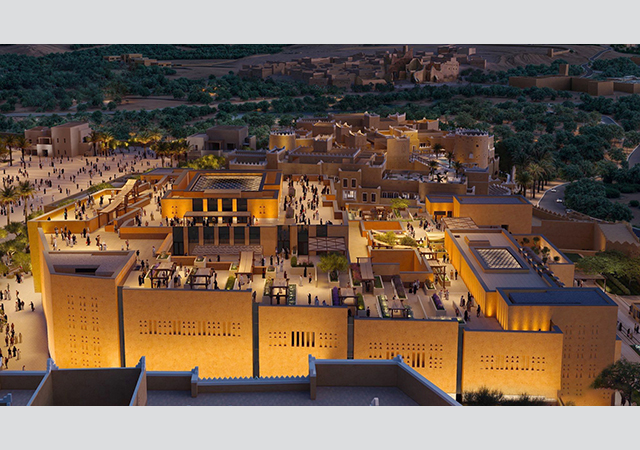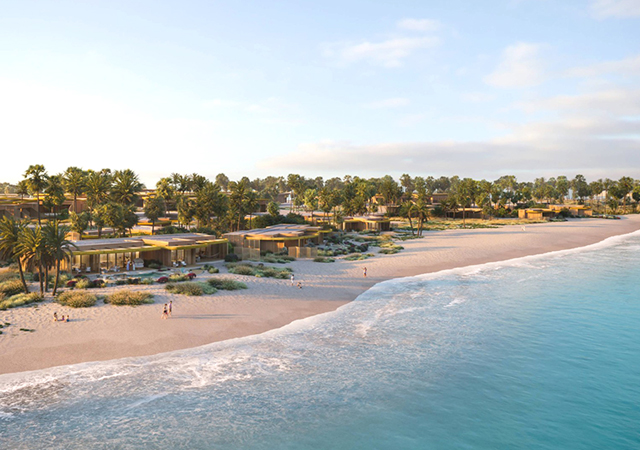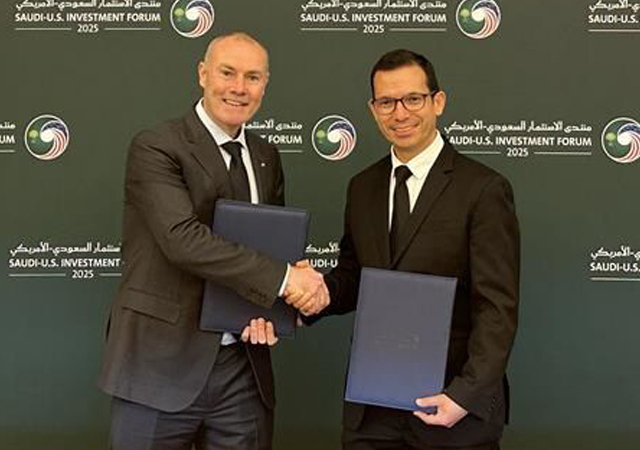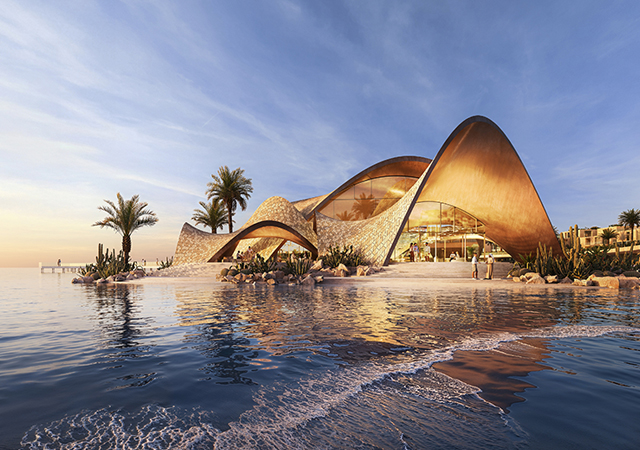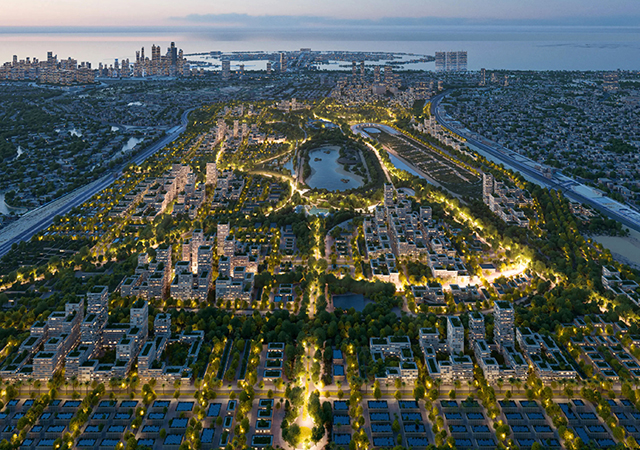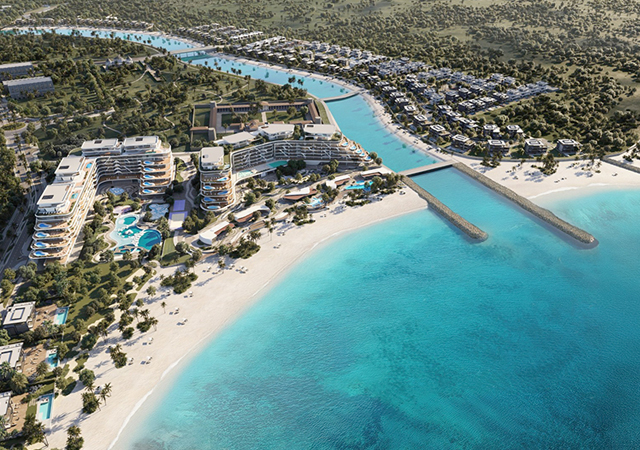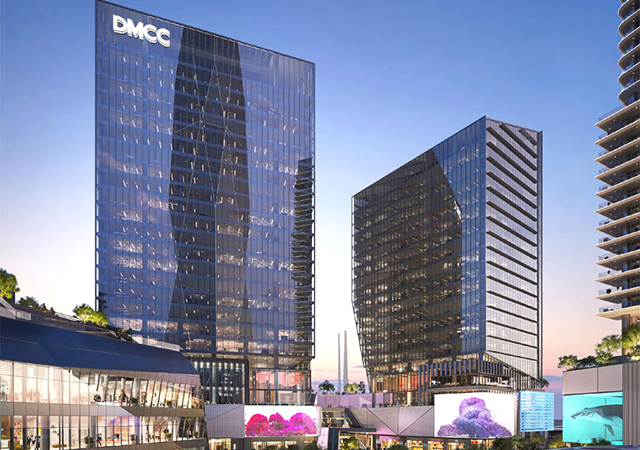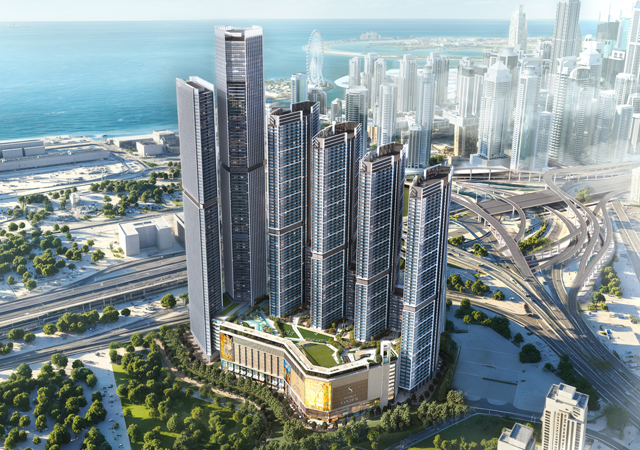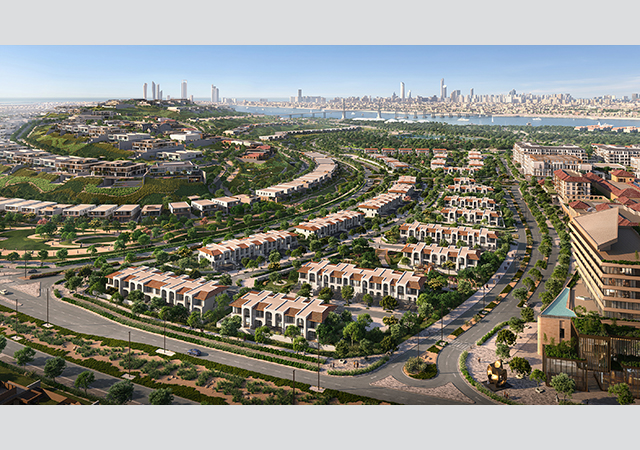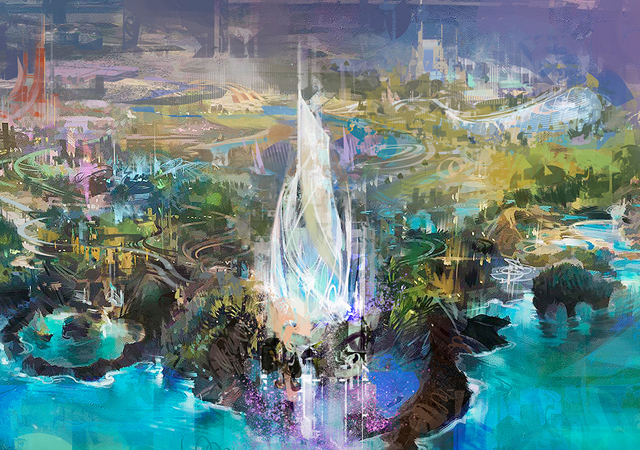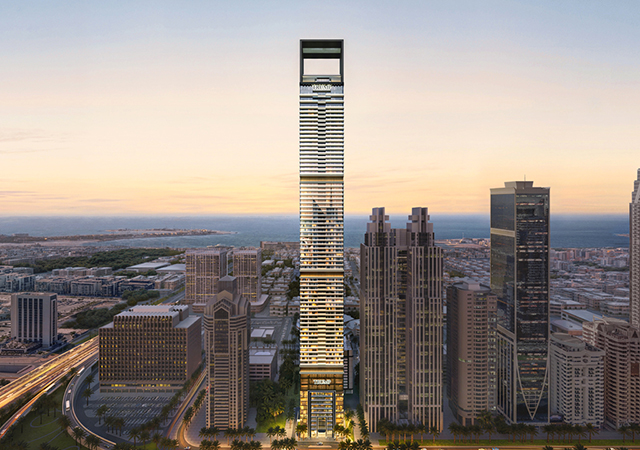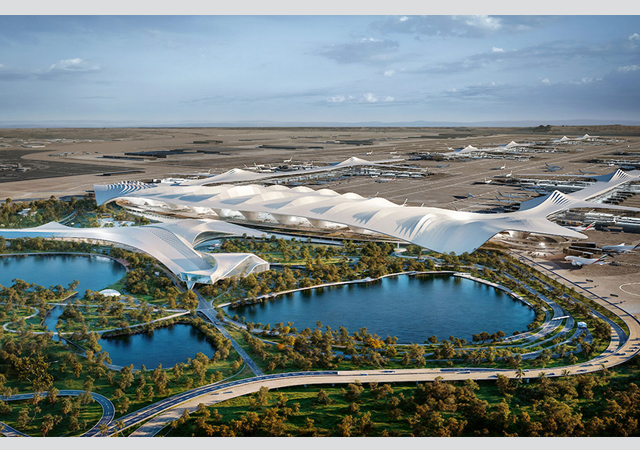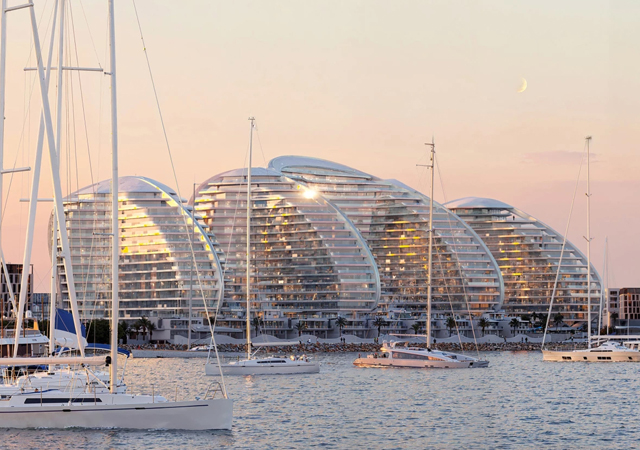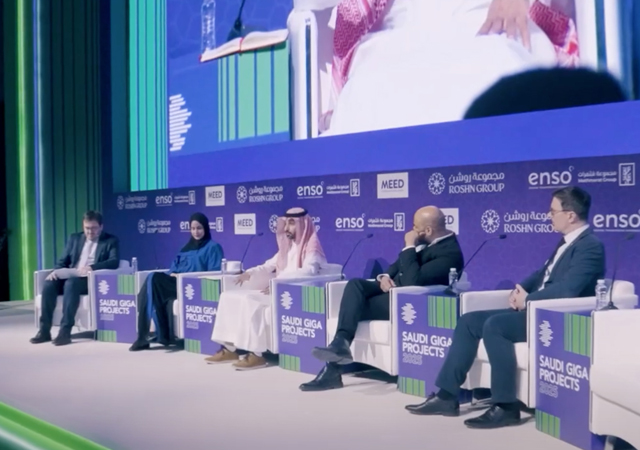
 Emirates Steel ... on its way to become a steel giant in the Gulf region.
Emirates Steel ... on its way to become a steel giant in the Gulf region.
AS WORK continues on the second phase of its expansion, Emirates Steel has set a new daily world record after the 150-tonne electric arc furnace (EAF) at the first phase of its steel making plant (SMP), exceeded design capacity for a furnace of its size.
The EAF recorded 34 heats producing 5,197 tonnes of liquid steel and converting it into 4,993.8 tonnes of billets through the continuous casting machine (CCM).
According to Emirates Steel’s senior vice-president of operations Saeed Ghumran Al Romaithi, the steel-making plant’s design capacity was exceeded in a short period of time from start-up, reaching a tap-to-tap time of 42.2 minutes and power-on time of 36 minutes.
“For such a young plant, the massive effort, strong teamwork and total commitment to reach this tough target in such a short period of time is admirable,” says Al Romaithi.
“This achievement serves as a springboard for the inevitable future successes, and more challenging targets of Emirates Steel as we continue to grow. The pride we feel in these achievements will drive us on to meet all the challenges of the future,” he says.
Emirates Steel, the largest integrated steel manufacturer in the UAE and a subsidiary of government-owned General Holding Corporation (GHC), is implementing a two-phased expansion programme.
 |
The first phase, already complete, has transformed the company from a simple steel re-roller to the first fully-integrated steel manufacturer in the UAE and has significantly increased its rolling capacity to around two million tonnes per year (tpy). Phase Two, with a production capacity of one million tpy, will further increase the total rolling capacity to three million tpy. The second phase has been divided into two stages with the first stage – Phase 2A – having been commissioned early this year, while the second – Phase 2B – is scheduled for completion in early 2012.
Phase One comprised a 1.6 million tpy direct-reduced iron (DRI) plant, a 1.4 million tpy steel-making plant, a 0.48 million tpy wire rod and coil rolling mill (RM3), a 0.62 million tpy rebar rolling mill (RM2), and associated facilities. Phase One was completed in June 2009 at a cost of Dh3 billion ($810 million).
Phase Two, which commenced in June 2008, involves the construction and installation of a 1.6-million tpy DRI plant, a 1.4 million tpy steel billet plant, a 1 million tpy heavy sections rolling mill (RM4), and associated facilities. The budget for Phase Two amounts to approximately Dh5.8 billion ($1.5 billion). The steel making and DRI plants in Phase Two are sister plants to the Phase One assets, thereby significantly reducing the associated technology and construction risks.
Furthermore, in May, the steel-making plant achieved a record production of 118,504 tonnes, compared to the January peak of 117,923 tonnes. Also, the Phase One DRI plant achieved a monthly record production of 155,243 tonnes with 94 per cent metallisation, exceeding the previous highest production of 134,950 tonnes achieved in June 2010 by 15 per cent.
Emirates Steel is a direct subsidiary of Abu Dhabi Basic Industries Corporation (ADBIC) which is, in turn, wholly-owned by GHC. Strategically located in the Industrial City of Abu Dhabi (ICAD), some 35 km from the heart of Abu Dhabi city, Emirates Steel utilises the latest rolling mill technology to produce reinforcing bar and wire rod.
Established in September 2006, Emirates Steel is evolving from its roots of being a simple and relatively low value-added processor of steel into a sophisticated, highly productive manufacturing business with a high value-added business model.
Emirates Steel is currently implementing a comprehensive business development plan. Once complete, the company will be one of the largest and most competitive steel producers in the Gulf region.
Furthermore, it will be among the few regional steel producers with a diversified product range, including rebar in both, straight and coil form, wire rod, sections, plate, seamless pipe, longitudinally welded pipe, hot rolled coil.


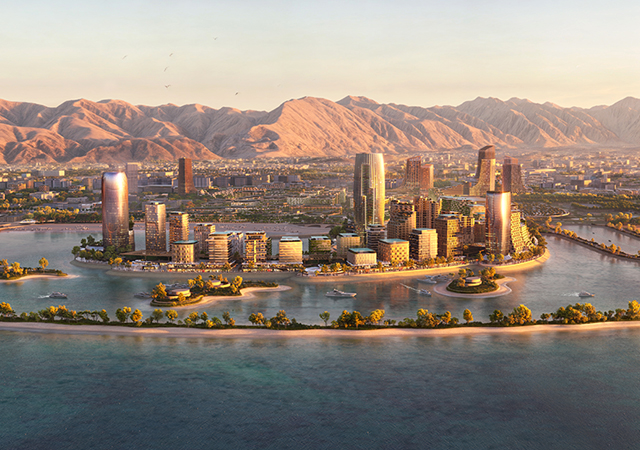
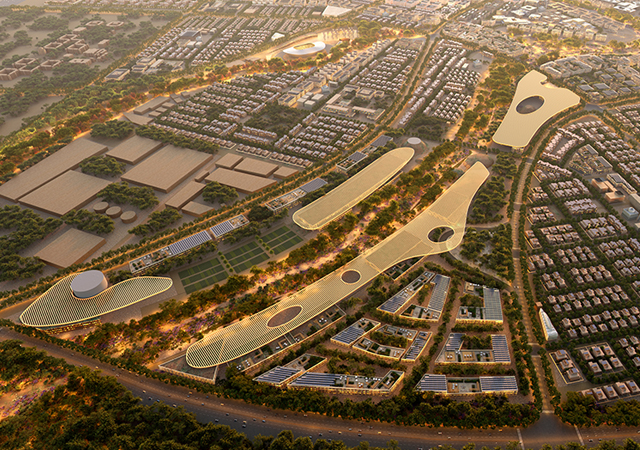
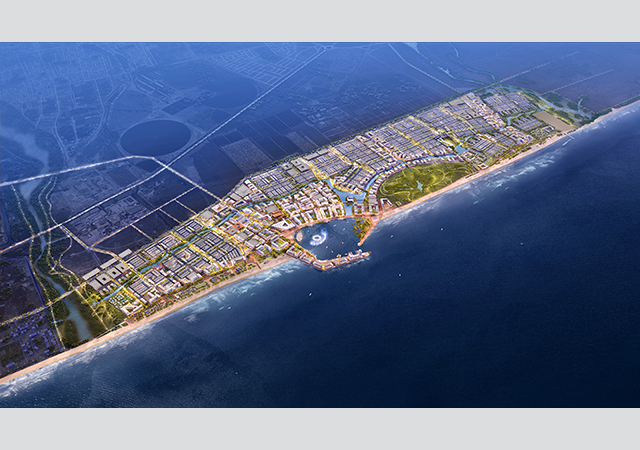
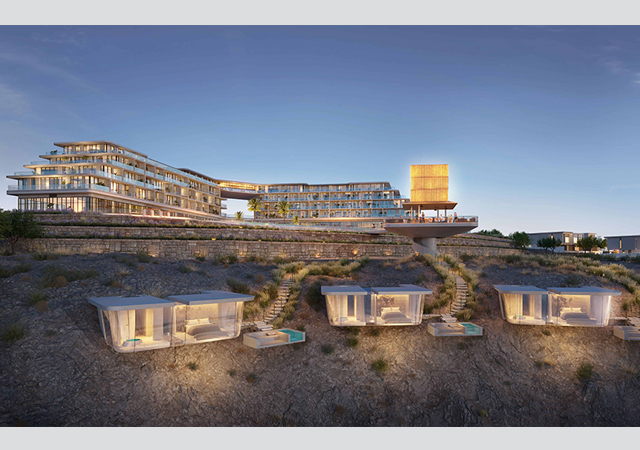
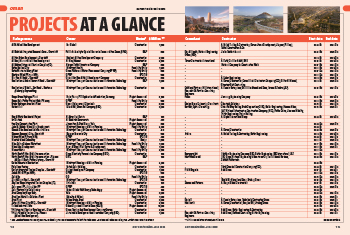
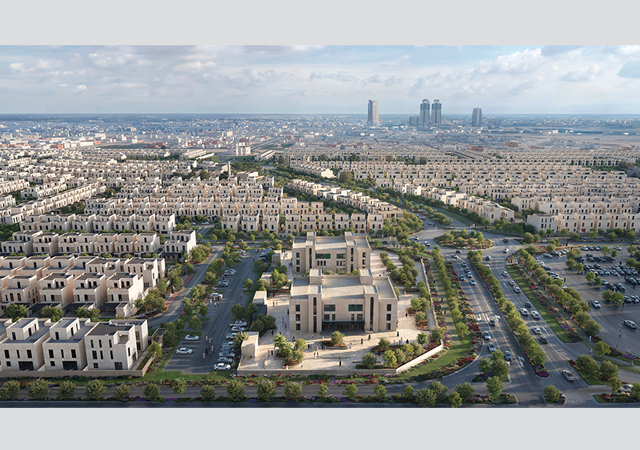
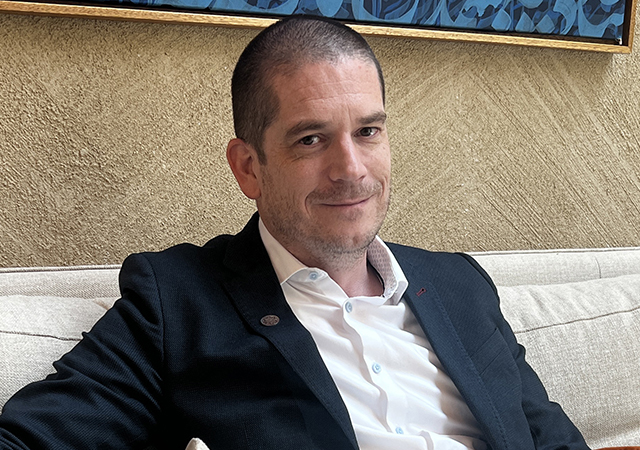

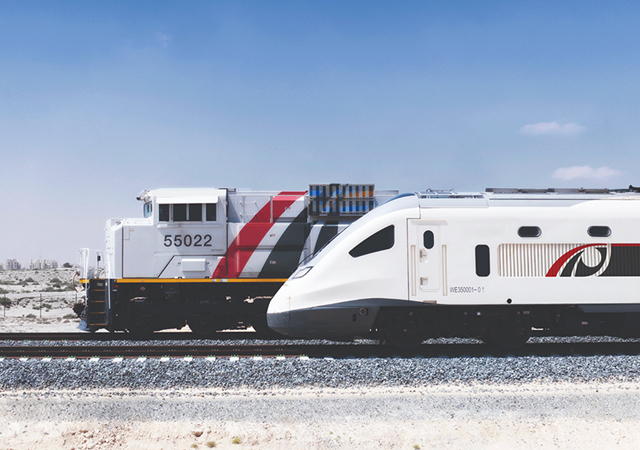
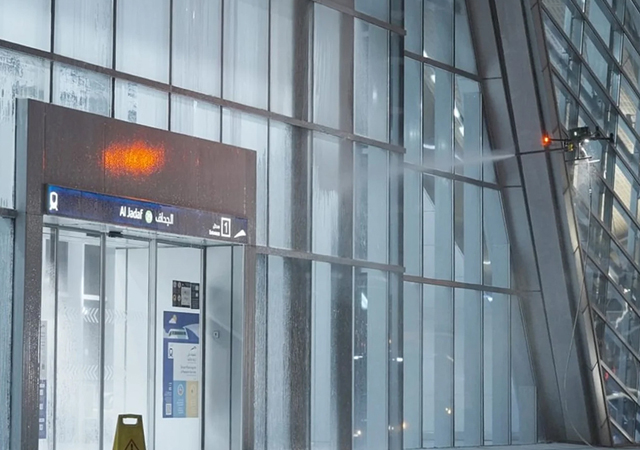
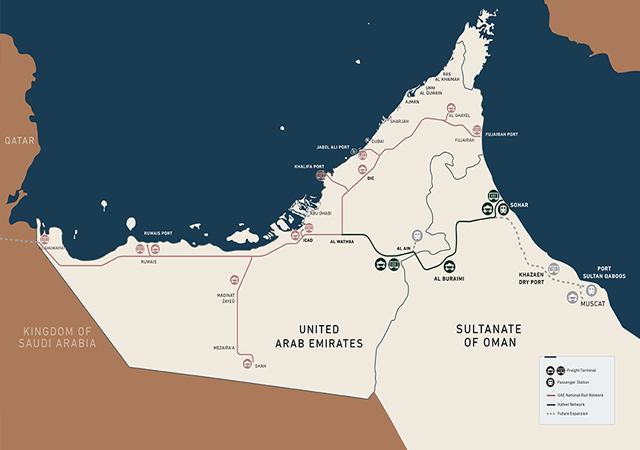
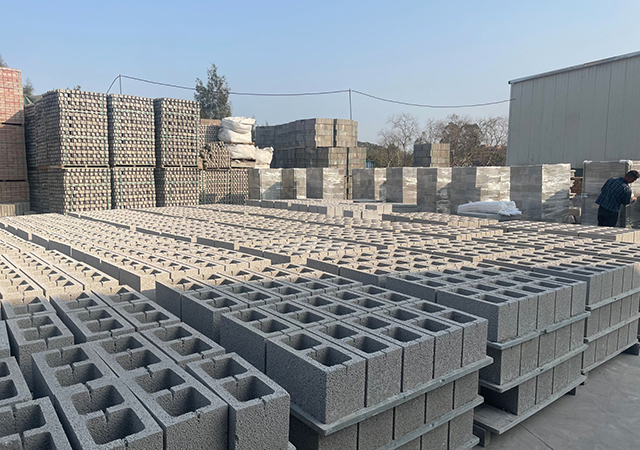
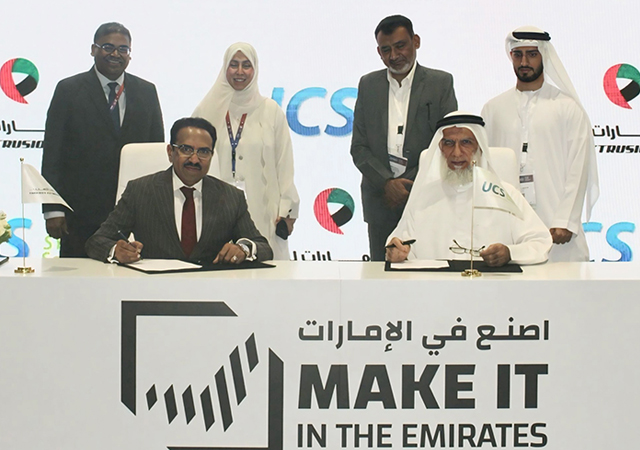
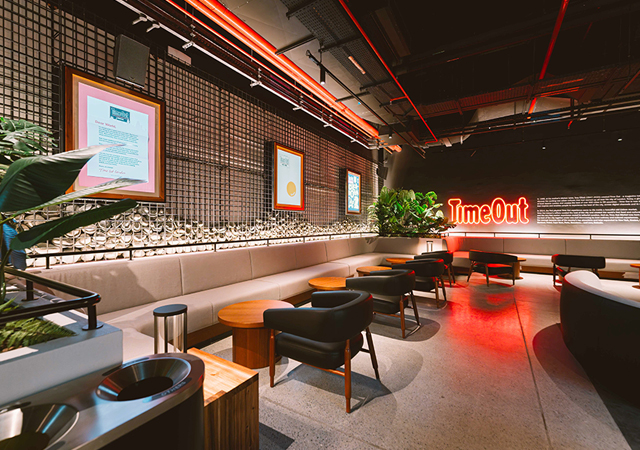
.jpg)
.jpg)
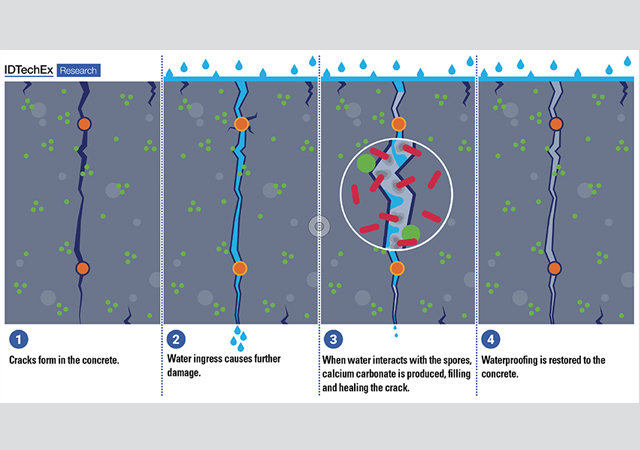
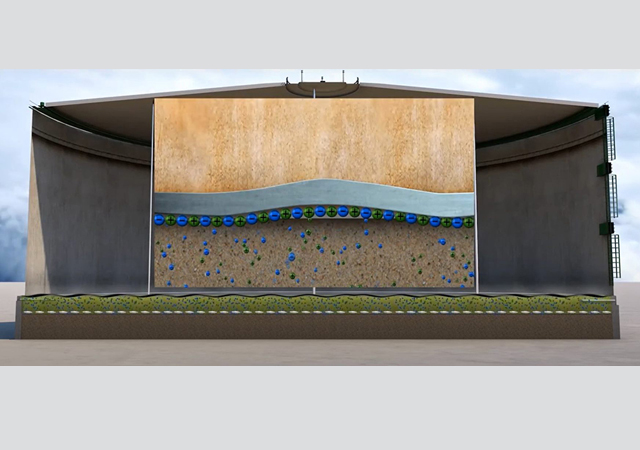
.jpg)
.jpg)
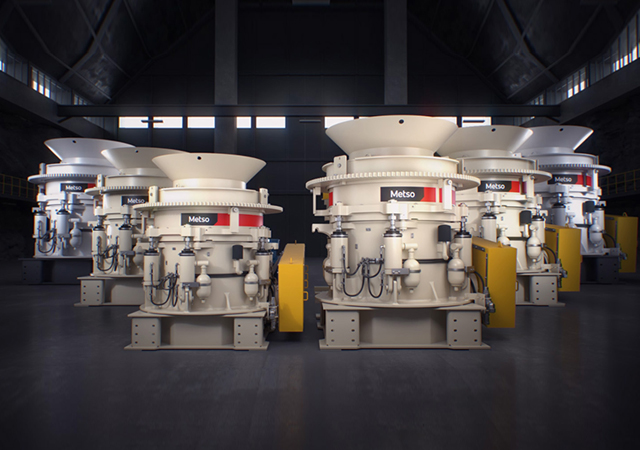
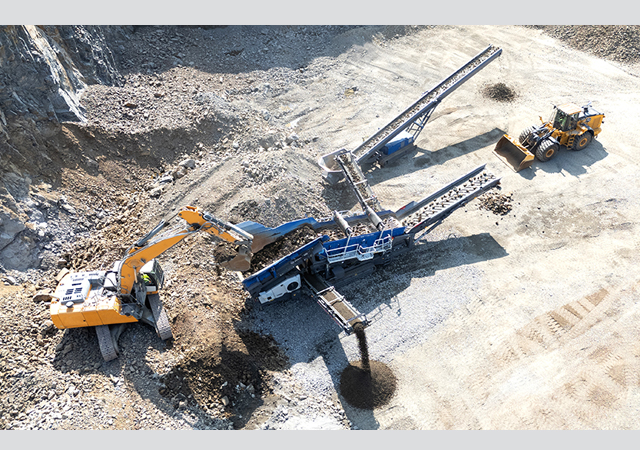
.jpg)
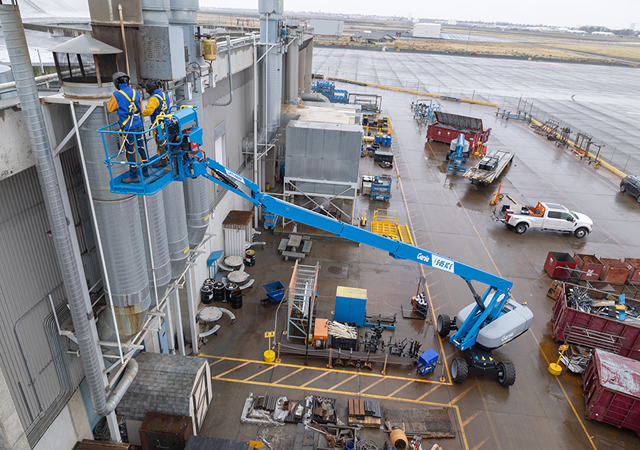
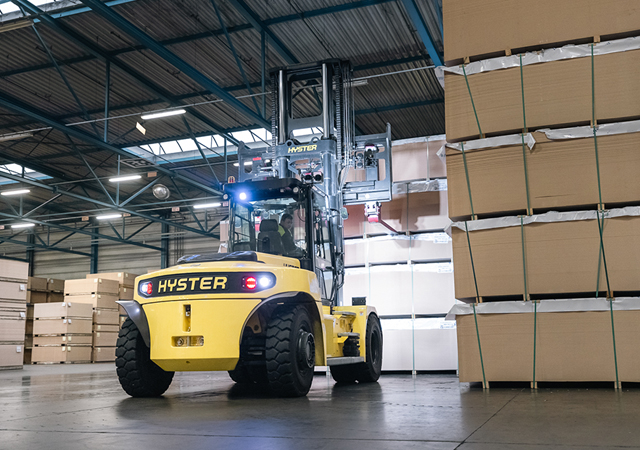
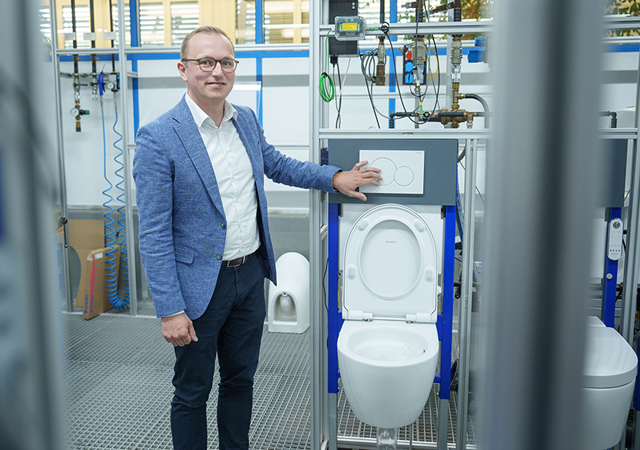
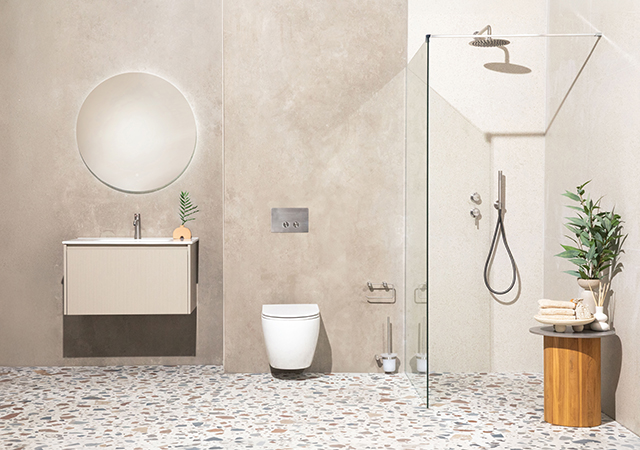
 Doka.jpg)
